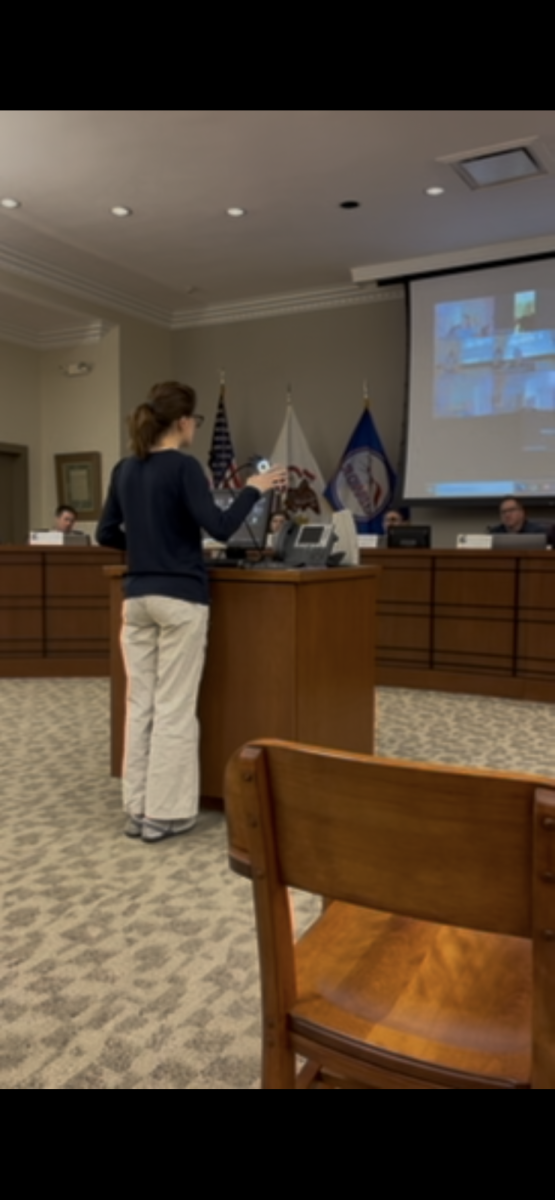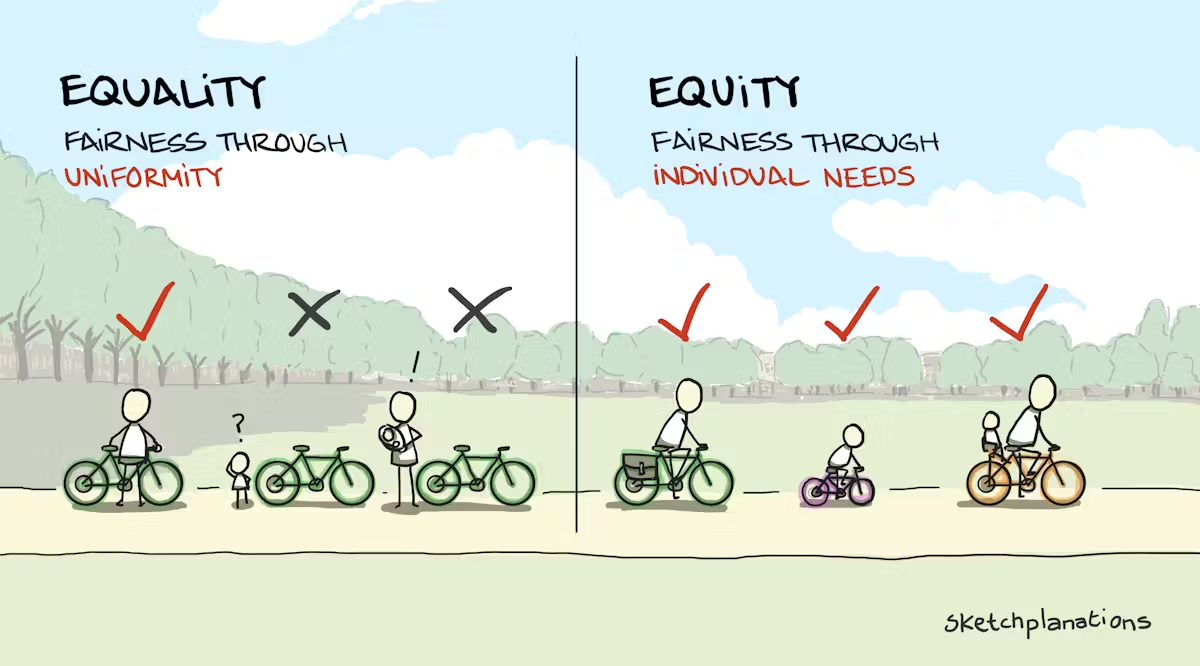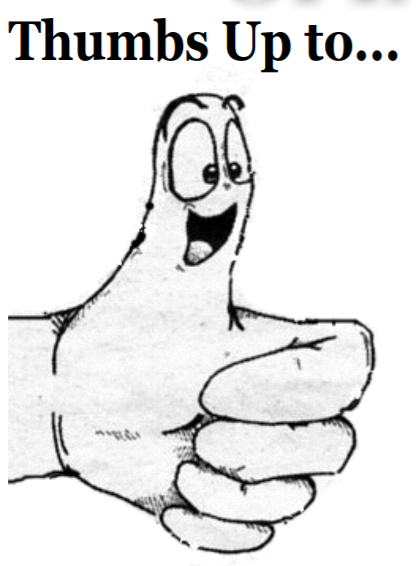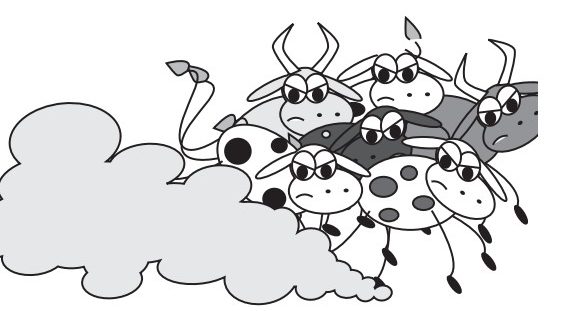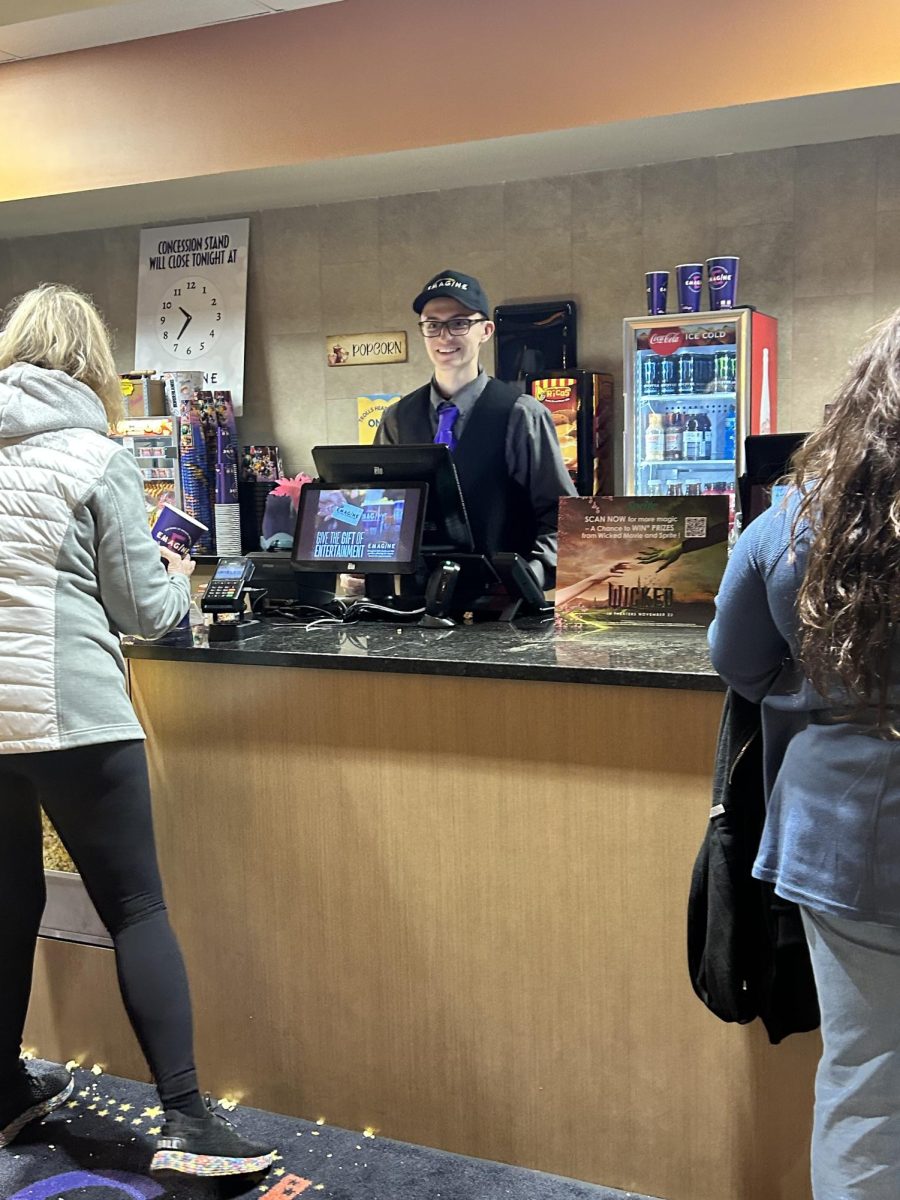As the school year is coming to a close, many of us are looking down the barrel of the loaded cannon that is our future. Starting at 18 and even younger, you may feel pressure to plan your entire life ahead of you–whether you know what that’ll look like or not. Joining clubs that suit your projected career, getting the right number of volunteer hours and applying to as many honor societies as possible become the priority, sometimes not out of enjoyment, but out of a sense of necessity for a “resume-booster” here or there. If possible, you get a part-time job to earn money for your future. You may find yourself writing the stages of your life in anticipation of its conclusion–but in doing so, are you leaving enough space to grow in the present?
For many, there’s a question of whether to build their future around a career or a calling, as those two fields may not intertwine. Whether there’s a sport, activity or special interest that fulfills you, there’s a good chance that it’s something that doesn’t necessarily translate into a “profitable” career. The background chatter of those close to us may dull the excitement of what is meant to be the most exciting time of our lives. Do I really want to be a doctor, or is it just what my grandma wants me to do? Will I really be happy as an author, or are my friends right that I’ll never make enough money to survive?
The idea of a calling can bring you so much excitement for what could be, but awareness of its romanticization can also ground you in fear of its pursuit. Following your calling could warrant countless sacrifices of a comfortable future, and there’s always the worst outcome potentially waiting at the end–will it even be worth it? What if your “calling” changes once you’re in it? What if your interests change from what they were years in the past? The hypotheticals often paralyze us from wanting to make a choice, so we prolong thinking about what could be.
We grow up in a society that runs on a narrative where everyone should follow their dreams. But once we become conscious of the world around us, that storyline becomes obsolete. Our dreams may not always lead to a sustainable future, and with that reality comes a cognitive dissonance where you must decide what’s more important to you–fulfilling the vision you’ve had for yourself for years, or following a path that will objectively lead to “more success.”
Though the world may beat us down and punish us for our fantasies, we mustn’t stop dreaming. If we stop dreaming of where we wish we could be, we lose a sense of purpose and an end goal of where we want to end up. Your childhood dreams may not be the career path you end up going for, but you might realize that a different path could lead to self-actualization and pride. It is a fact that most students change their major at least once. You don’t have to think of your life as a fixed storyline–the only thing in your control is the present. The only thing we can do in life is focus on the next step forward based on what we know at the moment; if something changes in the future, you will continue to move forward. You don’t have to decide right now to settle for a life you won’t feel both fulfilled and happy in. Whether you’d like to believe it or not, it’s up to you. You don’t have to look down the barrel as if the future is out of your control, you can turn the cannon around and take hold of the ignition chamber yourself. You are the maker of your own destiny. As long as you work hard for what you believe in, there is success and contentment to be found. It just takes a little trust.



